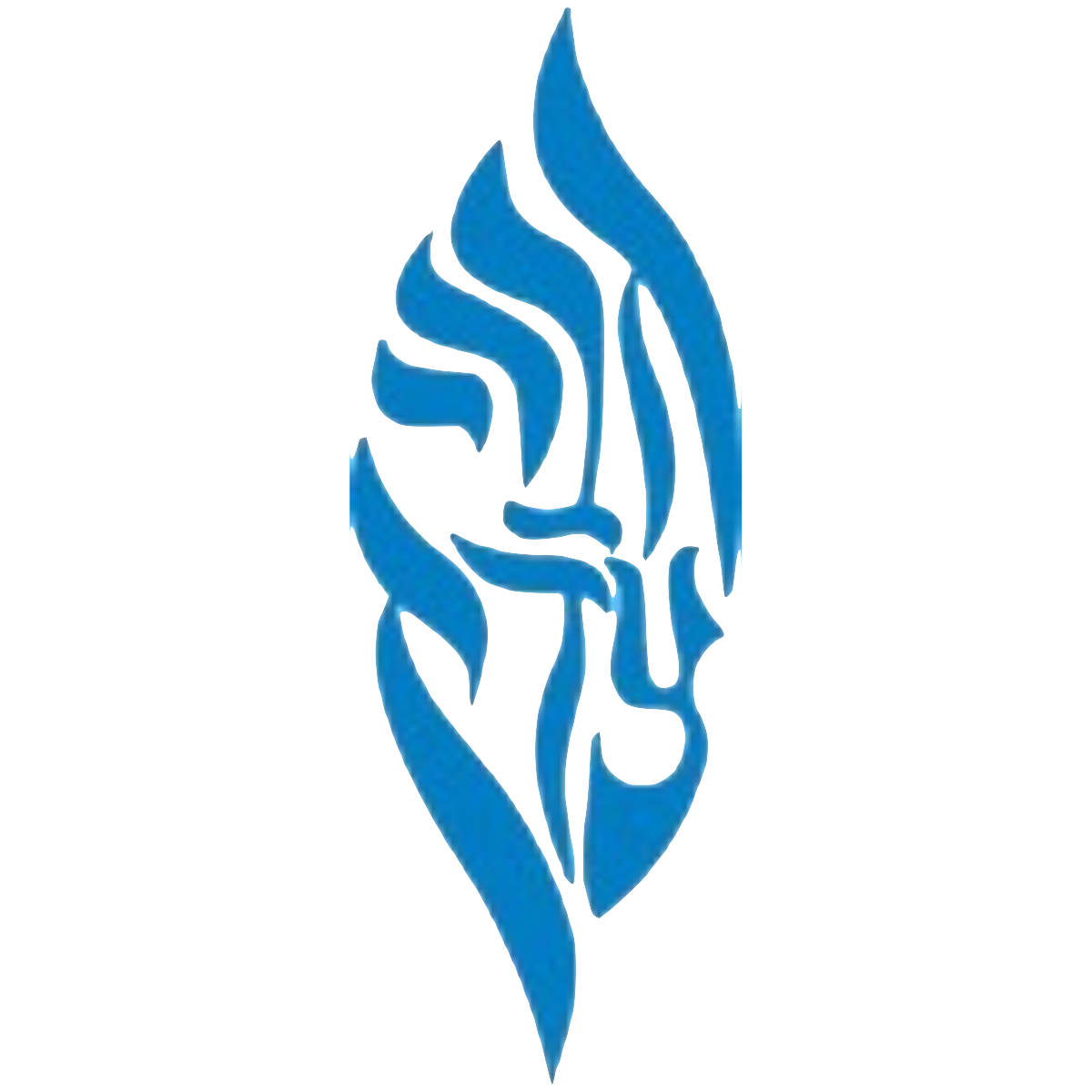I love to read the text of the Torah closely, noticing how the text’s word choices and turns of phrase add nuance and, layers of meaning to my understanding. One of my favorite close readings comes right at the start of this week’s parashah, right at the beginning of our new book of Shemot.
The book opens by reminding us of the journey down to Egypt, and lists the names of בְּנֵי יִשְׂרָאֵל
(b’nei Yisrael), the children of Israel - that is to say, Jacob - who traveled to Egypt in search of food. This passage connects us back to the book of Bereishit, revisiting the members of the family, our ancestors, who were the primary subject of that first book of the Torah.
Just a few short verses later, the text jumps several generations and tells us, וּבְנֵי יִשְׂרָאֵל were fertile and prolific, multiplying greatly and filling the land. This time, the use of the term בְּנֵי יִשְׂרָאֵל (b’nei Yisrael) describes not a family, but a nation. And for the remainder of the Torah (and the rest of the Tankah that follows), the term בְּנֵי יִשְׂרָאֵל (b’nei Yisrael) always means the entire people, the nation of Israel. Here at the very beginning of the book of Shemot is where we see the denotation of the phrase suddenly shift from a collection of individuals to a national collective.
I usually read this section of Shemot just as I described above, noting that by changing the meaning of the phrase בְּנֵי יִשְׂרָאֵל (b’nei Yisrael), the Torah is moving its focus from our family of origin, away from the particular, to our whole people, to the more universal.
But today, I’m feeling inspired to flip things around a bit and read the text in the opposite direction. Rather than seeing the individual children of Israel overtaken by the large and populous (and therefore more anonymous) nation of Israel, I want to remind myself and all of us that our nation, our community, is not one monolithic organism, but made up of distinct individuals.
Each of us brings something unique to our community. We have our own personalities, talents, needs, passions, vulnerabilities, histories, and beliefs. We contribute to the community in many different ways and we each feel part of the community in our own way.
In my first reading of the text, the strength of the nation lies in its collective identity. We had become too many to count, filling the land in fulfillment of God’s promise to our forebears. In this flipped around reading, our strength as a community lies in our ability to recognize each other’s unique perspective. We may differ from each other in significant ways, but we need not all be the same to be one nation, one community. When we allow ourselves to express our differences and respect each other for who we truly are, we create a community that embraces diversity and values the role of every individual. May we continue to work together to build and sustain such a community.
